Promoting independent play
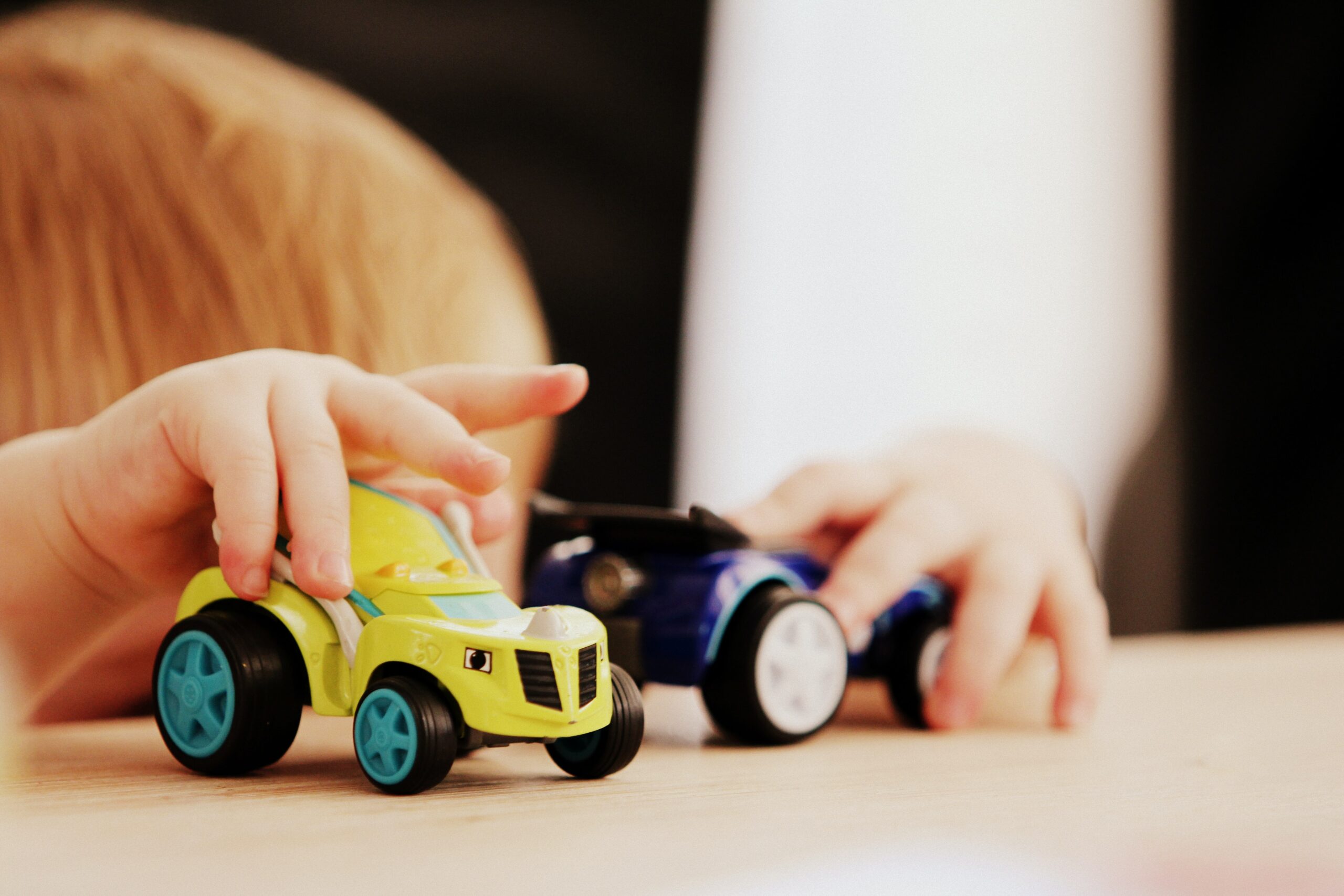
Promoting independence is a key component of allowing your child to feel capable and respected. This is why independent play is so important. True independent play is when time is forgotten and your child can be a creator, safe in the hub of their own imagination and authorship. The benefits of independent play Independent play […]
Secondary Trauma and how it affects children
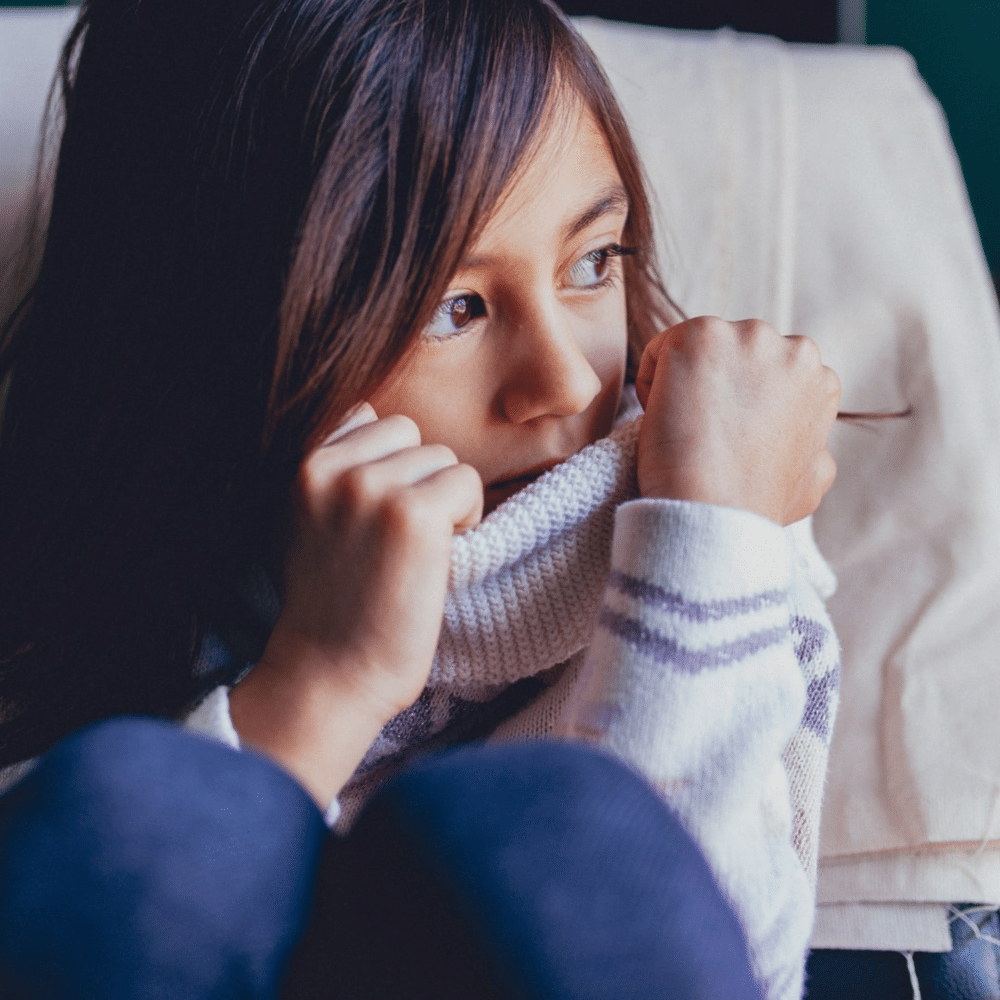
In last week’s video blog we discussed Childhood Trauma and the effects it has on children. Both in terms of physical and mental health. This week I wanted to chat to you about Secondary Trauma. What is Secondary Trauma? Let’s perhaps start by first defining primary trauma. Primary trauma is what happens when children directly […]
Tools for Child-Centered Play Therapy vs. Adult Play Therapy
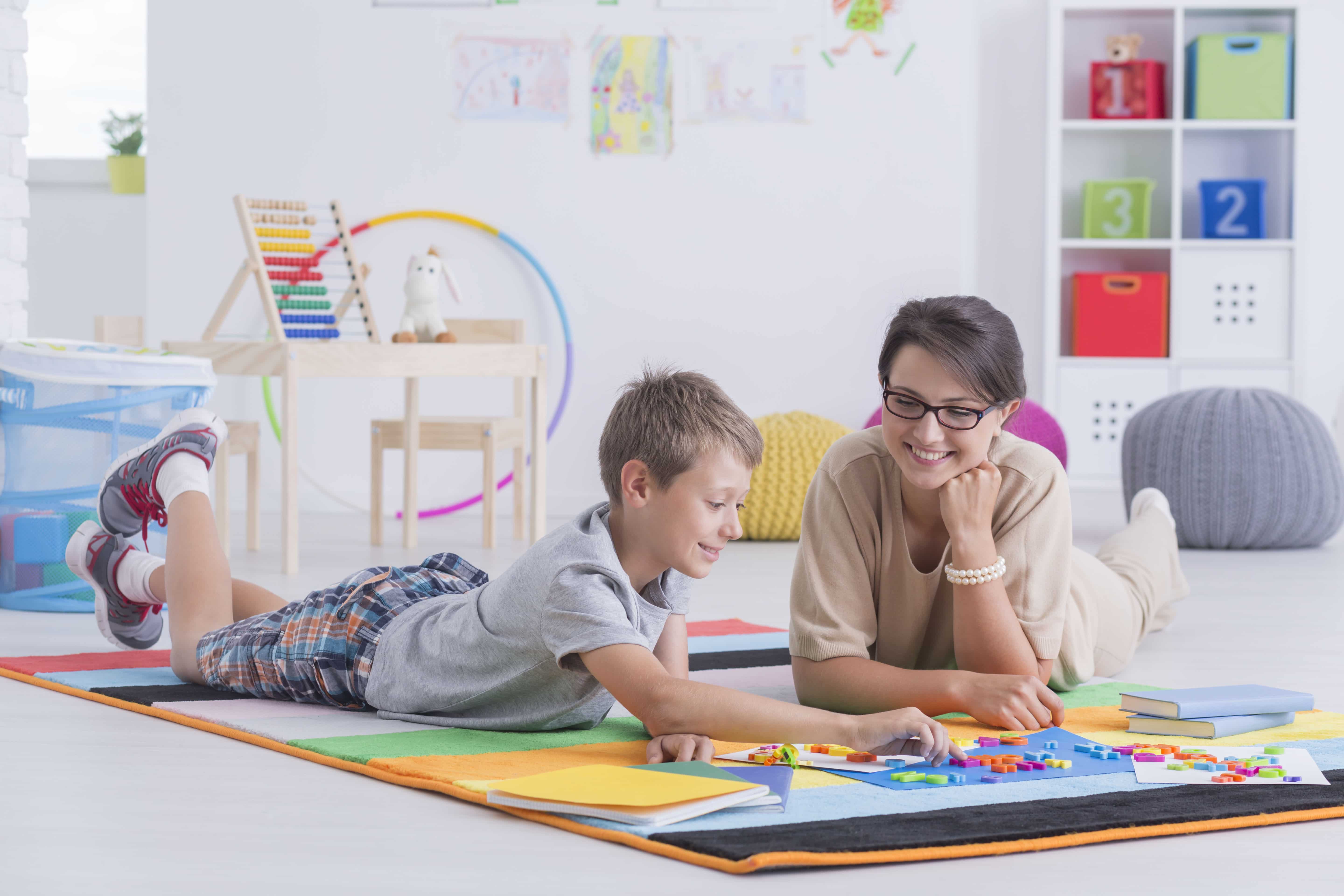
Play therapy (child-centered play therapy and adult play therapy) is a psychological intervention recognised and renowned for its treatment of various psychological disorders. In part two of our blog series on play therapy, we discussed the various benefits of play therapy for individuals diagnosed with psychological disorders. Today, we take a look at the variety of instruments employed in child-centered therapy (CCPT) versus adult […]
Types of Play Therapy for Various Disorders
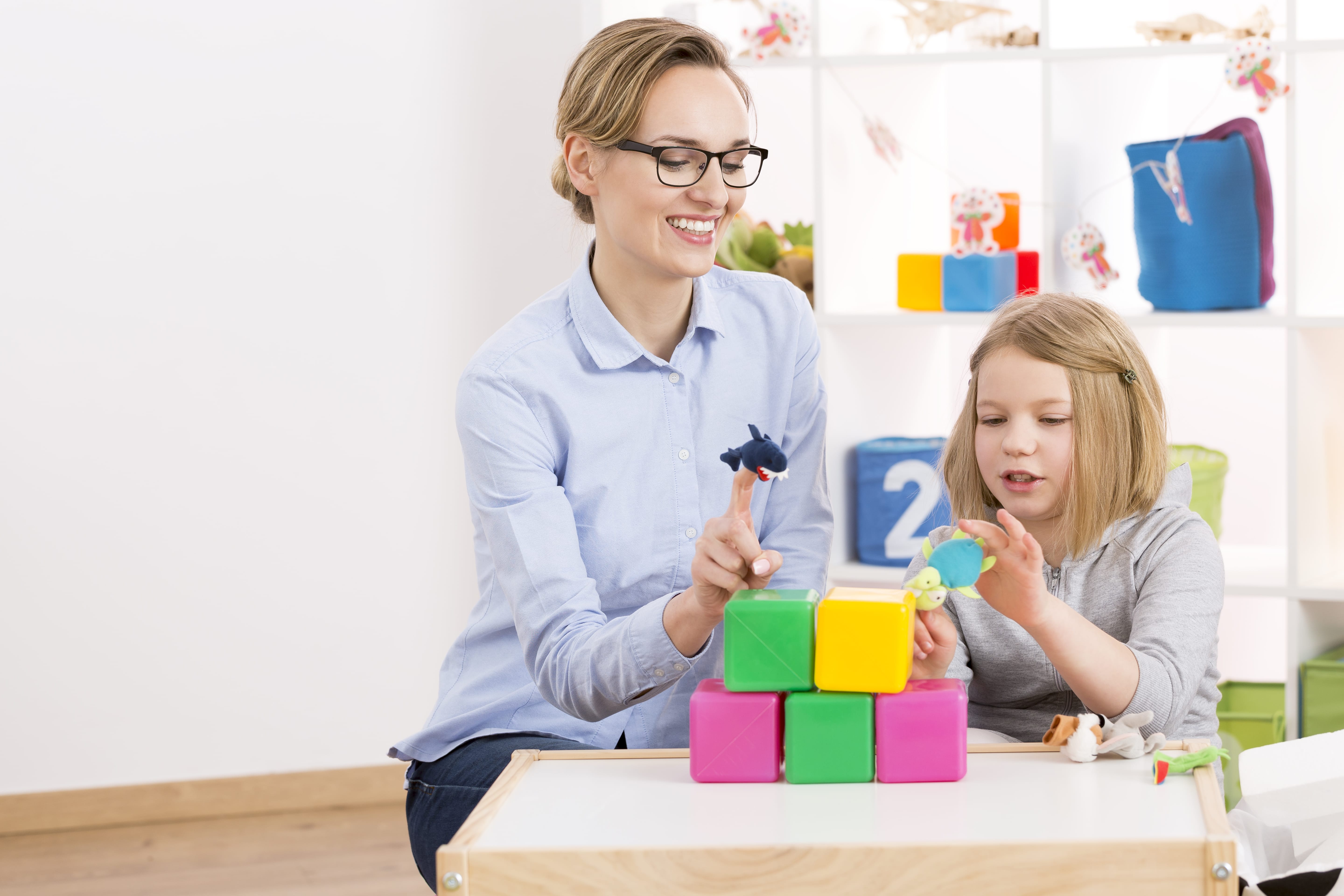
There are various types of play therapy suited to different diagnoses. In our previous blog on play therapy, we defined this psychological intervention while highlighting a few of its benefits. This blog serves to talk about how play therapy can be beneficial for those diagnosed with autism, anxiety, ADHD and other conditions. Play therapy has a profound number […]
Part One: What Exactly is Play Therapy?

Play Therapy: An Introduction Play therapy has been around for a long time. It is aimed at adults and children alike. As a type of therapy that suggestively involves actual playing, it has recently been geared towards various disorders, such as attention-deficit hyperactivity disorder (ADHD). This blog explores what this type of therapy actually is, while taking a look […]
How to help children with Selective Mutism
Children with selective mutism are physically capable of speaking, but do not speak in specific situations or to specific people. For more information on Selective Mutism and how it presents in children, read this article: http://www.childpsych.co.za/barriers-to-learning/selective-mutism/ Selective Mutism (SM) is a debilitating disorder and may have a very negative impact on a child’s daily functioning in […]
Coping skills for kids – what your child needs to know

Why are coping skills important? By teaching our children coping skills we are giving them the tools that will allow them to cope with challenges in the future. It might not come easily at first, but practicing these skills from an early age can be likened to “weight-lifting” for the brain. Each time they use […]
Helping your child deal with parental rejection
Probably one of the most heart-breaking issues that I sometimes have to deal with in therapy is a parent’s rejection of their child. In the majority of cases I’ve dealt with, the parents are separated or divorced and the non-custodial parent acts as if they want nothing to do with the child. In one very […]
My 5 favourite books to use in playtherapy
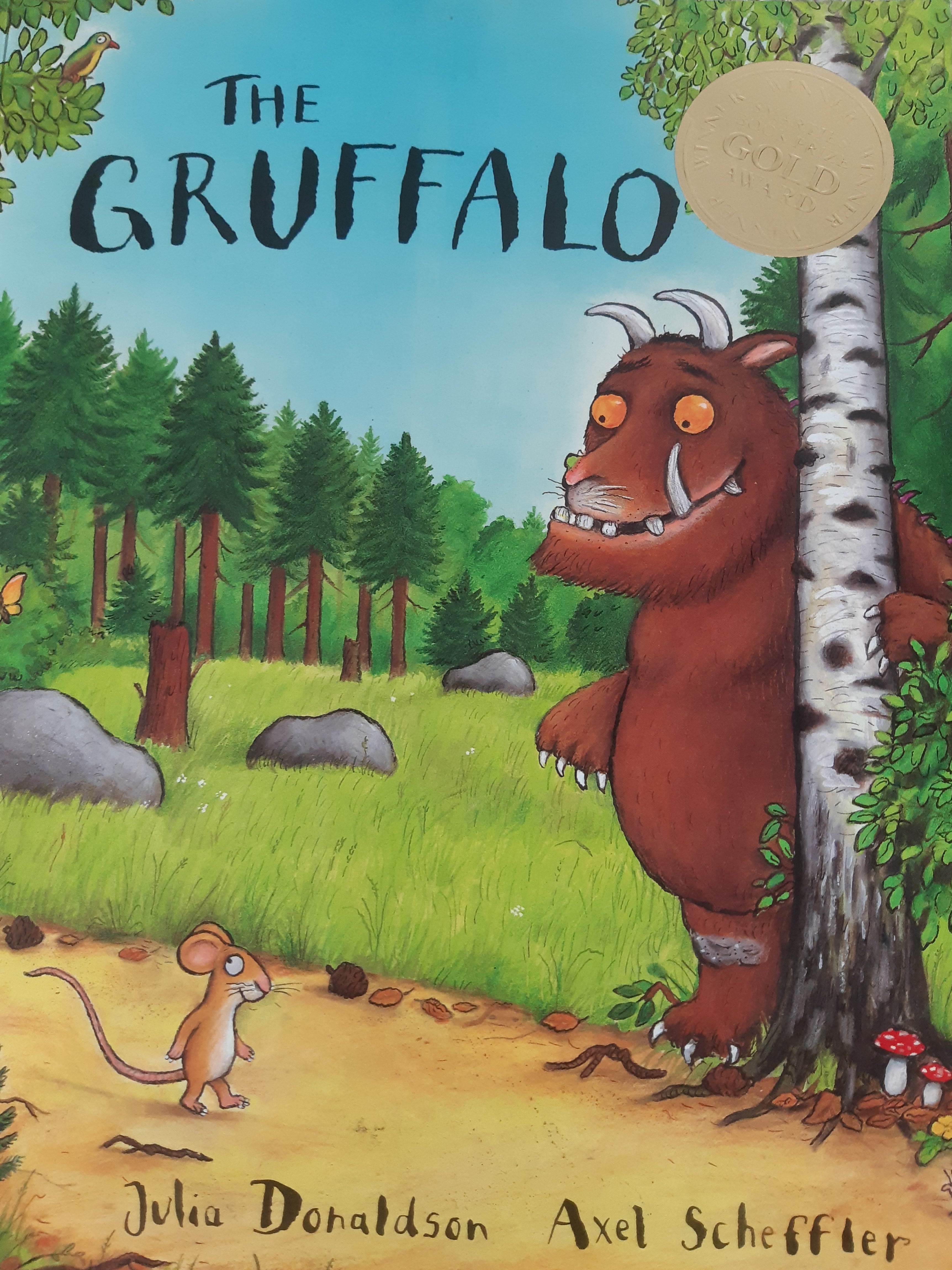
Playtherapy comes in many forms and at times I’ve found that nothing can really bring a message home to kids the way a good story book can. I often think of the books below as my old, reliable friends. They have never failed me and I plan to still use them a lot in the […]
Helping children with fear – advice from a Play Therapist
Helping Children with Fear – advice from a Play Therapist All children have fears at some point in their life and it is usually considered to be a normal part of development. These fears are only abnormal if they are persistent or interfere with the child’s normal activities. Toddlers normally have simple fears of separation, […]

